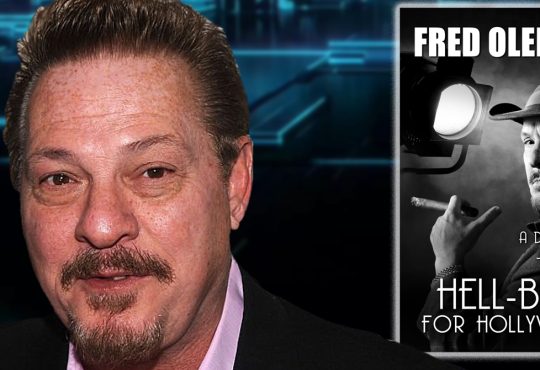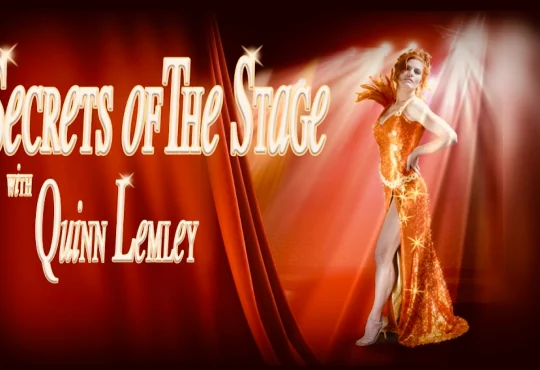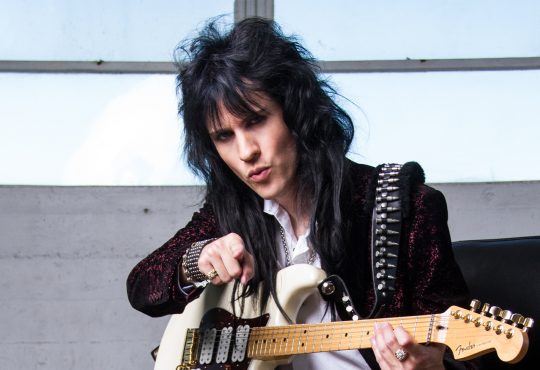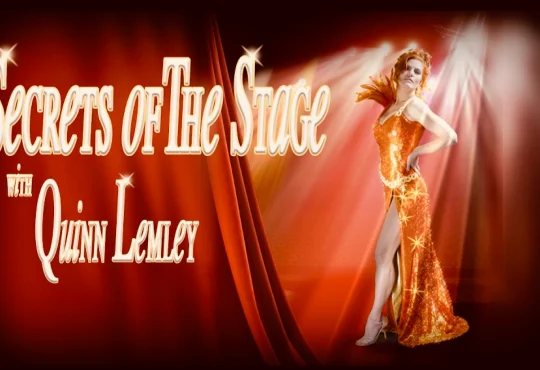Palestinian Rapper Phay Speaks Up For His People On ‘Watermelon Seeds’
Israel’s ongoing bombardment of Palestine has been a major issue around the world, as the IDF’s military operation in the wake of the October 7th attack by Hamas has resulted in unprecedented civilian casualities.Protesters have taken to the streets and public figures have advocated for Palestine in a variety of ways. For Palestinian-American artist Phay, it took time to find the best words to encapsulate his thoughts — and he decided to put them to song on “Watermelon Seeds,” a poignant reflection on the plight of his people.
The Mando Hill-produced track begins with a pitched-down sample of Lauryn Hill’s “Freedom Time,” where she croons, “Everybody knows that they guilty / Everybody knows that they’ve lied.” The lyrics immediately steep the listener in the notion of complicity, which has been a major theme for the people decrying President Joe Biden sending American tax dollars to the IDF’s fight, which has claimed over 30,000 lives as of early March.
Phay, an East Atlanta-based rapper who’s been making music for over a decade, says that his sister posted a clip of Lauryn Hill singing “Freedom Time” on social media, and he immediately wanted to sample it. He tasked his close collaborator Hill to integrate the vocals into a beat, and was so compelled by the resulting soundscape that he immediately started writing while on a two-hour flight. “[The beat] was so simple and stripped down that the words just started flowing,” he says, marveling that “The song created itself.” The Chicago-born son of two Palestinian refugees says he went to the studio the next morning and felt “a release” during the recording process. The results are a poignant, cathartic journal entry of genocide’s traumatic personal toll.
He tears into the first verse with an impassioned, tightly wound flow, dishing meta raps about the writer’s block he experienced while trying to figure out how to address what’s happening in Palestine, as well as the survivor’s guilt he feels for living in America’s relative privilege while his home country is a warzone. “I could have easily been one of those statistics or be in that situation right now where the kids, the children and people of Gaza are being starved. It’s an issue of famine at this point.“ Phay says he prides himself on making fun, upbeat music such as his “Everyday People” and “Peace” singles, but he felt a responsibility to make a pro-Palestine anthem that stood out from the pack.
“I’m not throwing shade on other Palestinian artists or anything like that, but in my opinion, if you’ve heard one pro-Palestine rap song, you’ve heard them all,” he contends. “I wanted to approach the situation differently. Aggression is a natural emotion when you’re frustrated [so it] comes out of your voice and you want to rap over a drill beat or something chaotic. For me, I wanted to approach it [from] a transparent and vulnerable standpoint, because I don’t think we hear a lot of that. I think especially as Palestinian men, we have this expectation to be strong for everybody else.”
On “Watermelon Seeds,” Phay ponders, “Why speak about this shit when I know that they can’t hear? / Why post about this shit when I know that they can’t see?“ referencing the shadow banning that pro-Palestine content has faced on social media. A few bars later, he declares, “I’m standing behind these bars … ‘til the shells on their bullets turn to watermelon seeds,” referencing the green, red, black and white fruit that became a proxy for the Palestinian flag after its public display was banned by Israel in January of 2023.
Watermelon was the centerpiece of the song’s cover art, which Malaysian artist Haris Rashid crafted. Phay saw Rashid’s piece after it went viral on Instagram, and reached out to him to use it. Rashid told him it was free to use, but Phay compensated him in order to add the song name, as well as a “genocidal content” label on the cover which he calls an “easter egg.” Phay also credits his friend Jeff Ihama, a Brazilian Artist, made an animation with the artwork.
Phay says part of the song’s inspiration was a belief encapsulated by Martin Luther King’s quote, “Injustice anywhere is a threat to justice everywhere.” The next line of that much-cited quote notes, “We are caught in an inescapable network of mutuality, tied in a single garment of destiny.” That’s also true of “Watermelon Seeds,” which was crafted in a diverse global effort: the song was written by Phay, a Palestinian-American, Tanzanian producer Mando Hill did the beat, the song’s chorus features a church choir, it’s Malaysian and Brazilian artists handled artwork, and the song was inspired by Lauryn Hill, an African-American woman whose Fugees mates call “Haitian by association.”
“Watermelon Seeds” couldn’t be what it is without people from all over the globe contributing. And similarly, it will take more than just Palestinians, or Sudanese people, or Congolese people to uproot the genocides they’re facing. Phay says that he doesn’t view what’s happening in Palestine as a political issue, but a humanitarian issue. “It’s not a Muslim issue, it’s not a Christian issue. This issue doesn’t include religion. It’s just right and wrong at this point. And I think it’s inherently wrong to kill innocent people.” he says. “If we can’t be on the same page about innocent children dying being wrong, then I don’t know where to start the conversation.”
He also decries the way that focusing on the jarringly high death totals strip the humanity of each individual killed. “Each person has their own personality, their own dreams, their own goals. I think we’re doing them a disservice by grouping them into these numbers. So what I tried to do in the second verse was humanize the situation.”
After heartrending vocals from the choir, Phay starts his second verse by noting, “Mamas is losing babies and babies is losin’ mamas / the rich are getting richer I’m questioning all them commas,” then reflecting, “sitting in solitude all I see is grandma and papa / stuck in a horror movie, they couldn’t switch up the genre.” He raps about his grandparents’ plight in Palestine and his grandfather’s decision to leave to help his daughter, Phay’s mother, have a better life in Jordan. Phay says that his grandfather, who, along with his grandmother, passed in the past five years, frequently said that if not for his child he would have stayed in Palestine and died there as a form of resistance. “The strength in they bodies, I pray to embody that,” he raps about them.
Elsewhere in the verse, Phay raps, “We ain’t got no uniforms, just track pants and flip-flops,” highlighting the misrepresentation of what’s happening in Gaza as a war. “People call it a war, but we don’t even have a military,” he says. “They’re fighting in flip-flops and Adidas track pants and whatever they can find against the fifth-strongest military in the world.”
Phay says that he’s received a torrent of commendation from listeners struck by the song’s poignance, which affirmed his belief that as an artist, he has a responsibility to speak up on what’s happening to his people. “I think artists, if you’re blessed with the ability to speak to people, we have a talent where we could get the message out in a very digestible way if it’s done right,” he says. “There’s nothing wrong with great journalism, but music has the ability to start a revolution and it has. Music is a very powerful vehicle.”







